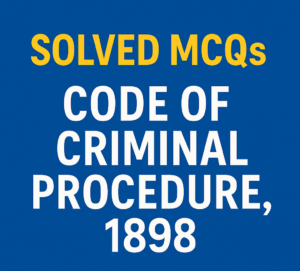Fatty liver is a condition characterized by the accumulation of fat in the liver cells. While it’s important to note that severe cases should be addressed by a healthcare professional, there are several steps you can take at home to help reduce fatty liver. Here are some suggestions:
Adopt a healthy diet
Focus on consuming a balanced and nutritious diet. Include more fruits, vegetables, whole grains, lean proteins, and foods rich in antioxidants. Avoid or limit your intake of processed foods, sugary items, saturated fats, and high-fructose corn syrup.
Lose weight
If you are overweight or obese, losing excess weight can significantly improve fatty liver. Engage in regular physical activity, such as aerobic exercises and strength training, to aid weight loss and reduce fat accumulation in the liver.
Limit alcohol consumption
If you consume alcohol, it’s important to limit or completely avoid it, as it can worsen fatty liver disease. Alcohol can contribute to further liver damage and hinder the reversal of the condition.
Stay hydrated
Drink plenty of water throughout the day to maintain hydration, support liver function, and facilitate the elimination of toxins.
Cut down on unhealthy habits
Quit smoking and avoid exposure to secondhand smoke, as smoking can aggravate liver damage. Additionally, reduce your intake of medications that can be harmful to the liver, unless prescribed by a healthcare professional.
Increase physical activity
Engage in regular exercise and aim for at least 150 minutes of moderate aerobic activity each week. Exercise helps burn excess fat, promotes weight loss, and improves overall liver health.
Manage underlying medical conditions
Conditions like diabetes, high cholesterol, and high blood pressure can contribute to fatty liver disease. Follow the recommended treatment plans and control these conditions to minimize the risk and impact on your liver.
Consider natural remedies
Some natural remedies like milk thistle, turmeric, and green tea extract have shown potential in improving liver health. However, consult with a healthcare professional before starting any supplements, as they may interact with other medications or have contraindications.
Note: These suggestions may help in reducing fatty liver, but it’s always essential to consult a healthcare professional for an accurate diagnosis and personalized advice. They can provide the most appropriate guidance based on your specific condition and medical history.
📍 English Language Educator | Blogger & Content Strategist | 7+ Years in Educational Blogging
Nosheen Bashir is a dedicated English teacher and experienced blogger with over seven years of expertise in content creation and educational writing. Passionate about language, literature, and effective communication, she combines her teaching experience with blogging skills to create insightful, research-backed content that helps learners and educators alike.
🔹 Expertise & Achievements:
✔ English Language Education: A skilled educator with years of experience in teaching English grammar, literature, and communication skills to students of varying levels.
✔ Educational Blogging: Running a successful blog for 7+ years, delivering well-structured, engaging content on language learning, writing techniques, and academic success.
✔ SEO & Content Strategy: Specializes in creating high-ranking, authoritative articles that follow Google’s EEAT principles, ensuring content that is both informative and search-friendly.
✔ Student-Centric Approach: Committed to making English easier, engaging, and accessible, helping readers and students improve their language proficiency.
🚀 With a passion for teaching and writing, Nosheen Bashir is dedicated to crafting educational content that empowers students, teachers, and language enthusiasts worldwide.









